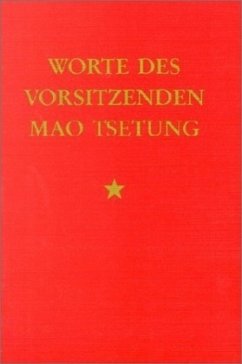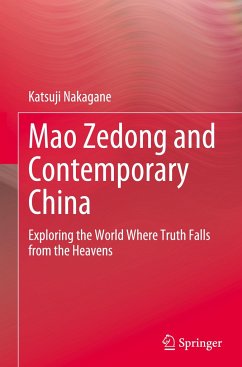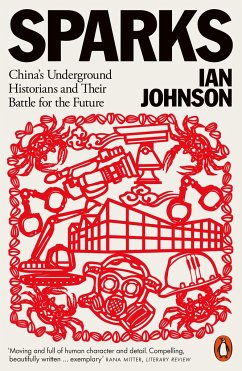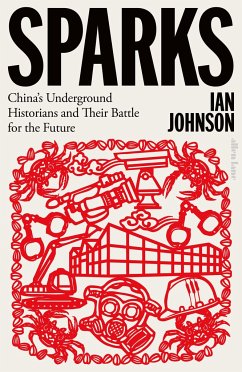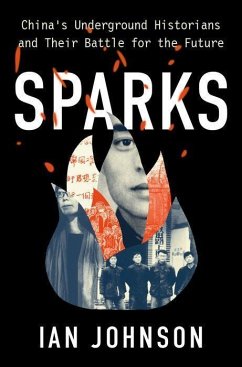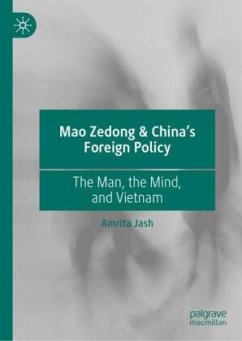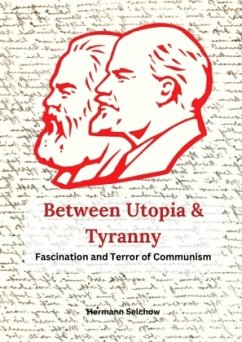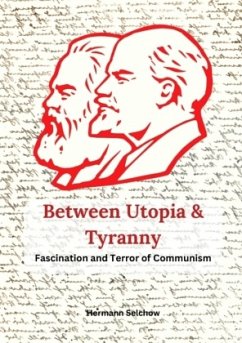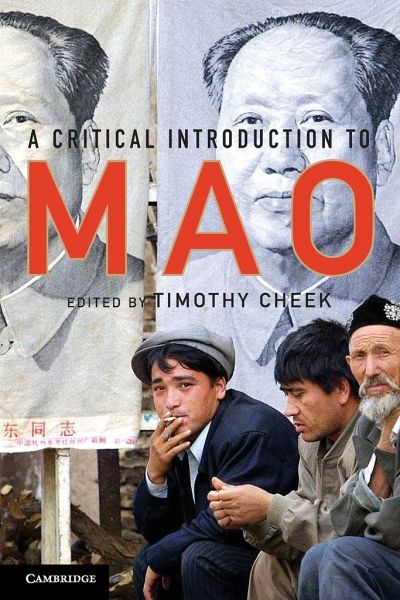
A Critical Introduction to Mao
Versandkostenfrei!
Versandfertig in 1-2 Wochen
40,99 €
inkl. MwSt.

PAYBACK Punkte
20 °P sammeln!
Mao Zedong's political career spanned more than half a century. The ideas he championed transformed one of the largest nations on earth and inspired revolutionary movements across the world. Even today Mao lives on in China, where he is regarded by many as a near-mythical figure, and in the West, where a burgeoning literature continues to debate his memory. In this book, leading scholars from different generations and around the world offer a critical evaluation of the life and legacy of China's most famous - some would say infamous - son. The book brings the scholarship on Mao up to date, and...
Mao Zedong's political career spanned more than half a century. The ideas he championed transformed one of the largest nations on earth and inspired revolutionary movements across the world. Even today Mao lives on in China, where he is regarded by many as a near-mythical figure, and in the West, where a burgeoning literature continues to debate his memory. In this book, leading scholars from different generations and around the world offer a critical evaluation of the life and legacy of China's most famous - some would say infamous - son. The book brings the scholarship on Mao up to date, and its alternative perspectives equip readers to assess for themselves the nature of this mercurial figure and his significance in modern Chinese history.





